
Hungary: Europe’s Pro-Family Leader
It is really very simple. You get what you incentivize, and with Viktor Orbán’s pro-family welfare policies in place, the Hungarian population is bound to see positive results.

It is really very simple. You get what you incentivize, and with Viktor Orbán’s pro-family welfare policies in place, the Hungarian population is bound to see positive results.
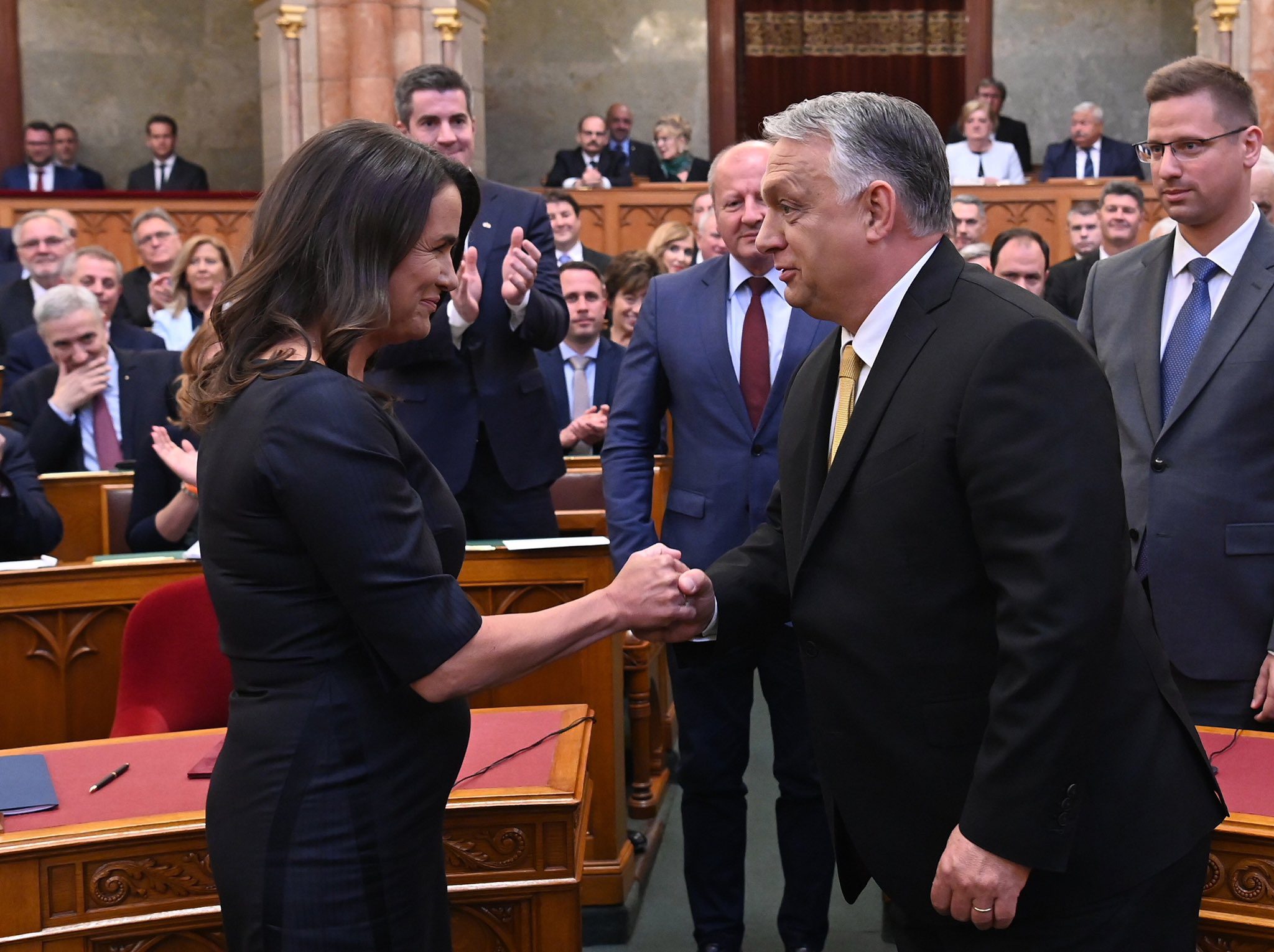
In his first parliamentary address since April’s landslide victory, Prime Minister Orbán—who took the oath of office for the fifth time—gave a thoroughly sobering prognostication of the decade ahead.

It was not only the lost election which caused a shock in opposition circles, but also the knowledge that the progressivist approach makes their situation worse. The intellectual identity of this layer of the intelligentsia has received a big blow now, and this is what is ailing them, actually. They have much to think about: is it absolutely necessary to look down on people who think differently? Is it possible that progressivity, the core of their message, is no longer valid?
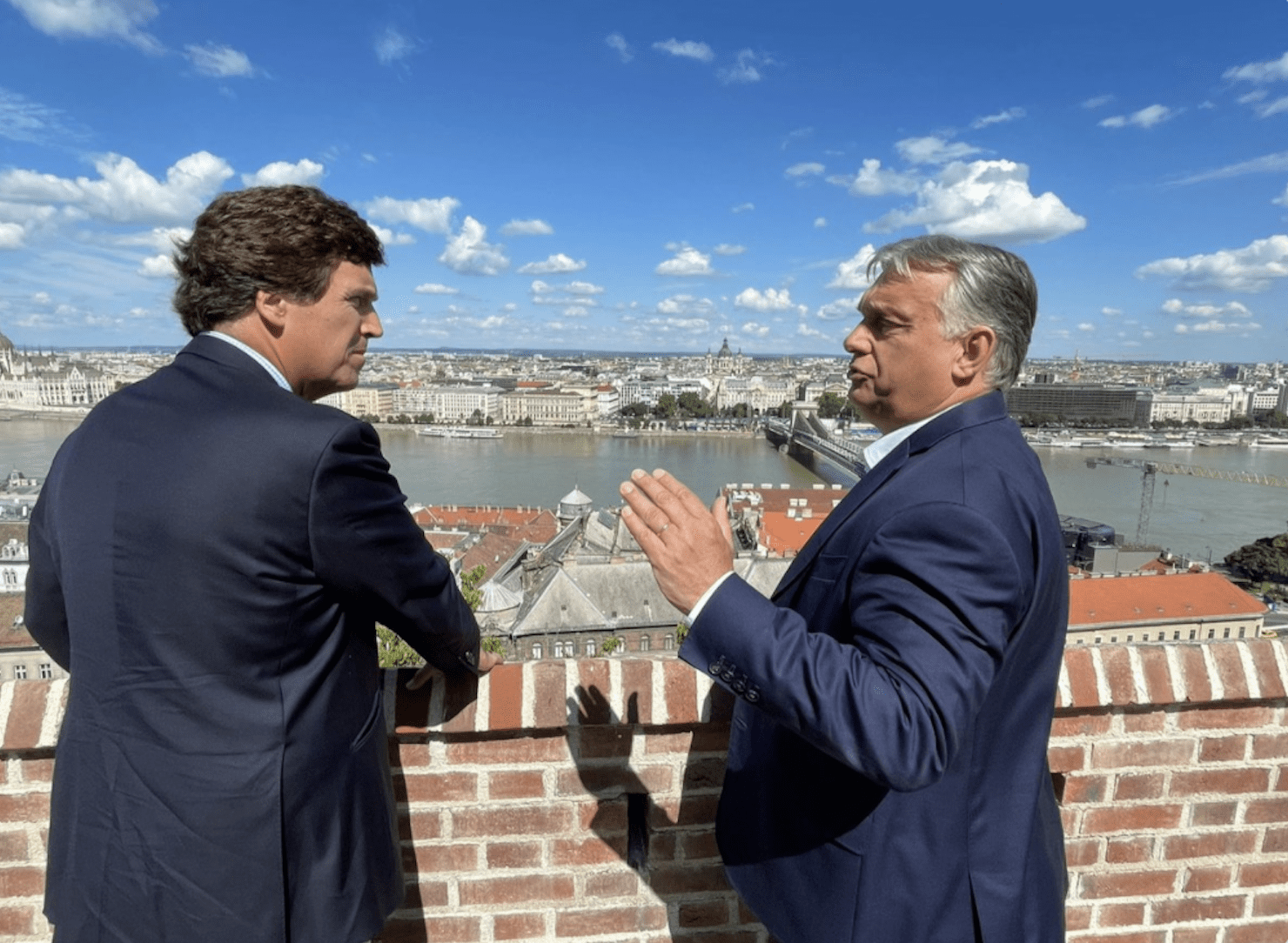
The legacy of 20th century history has left the Right in Central Europe questioning what we are meant to conserve after 40 years of communism. Our task is not so much to preserve traditions, but to reawaken them and to establish new ones. This approach is more reactionary; Central European conservatism is combative, because it has to be.
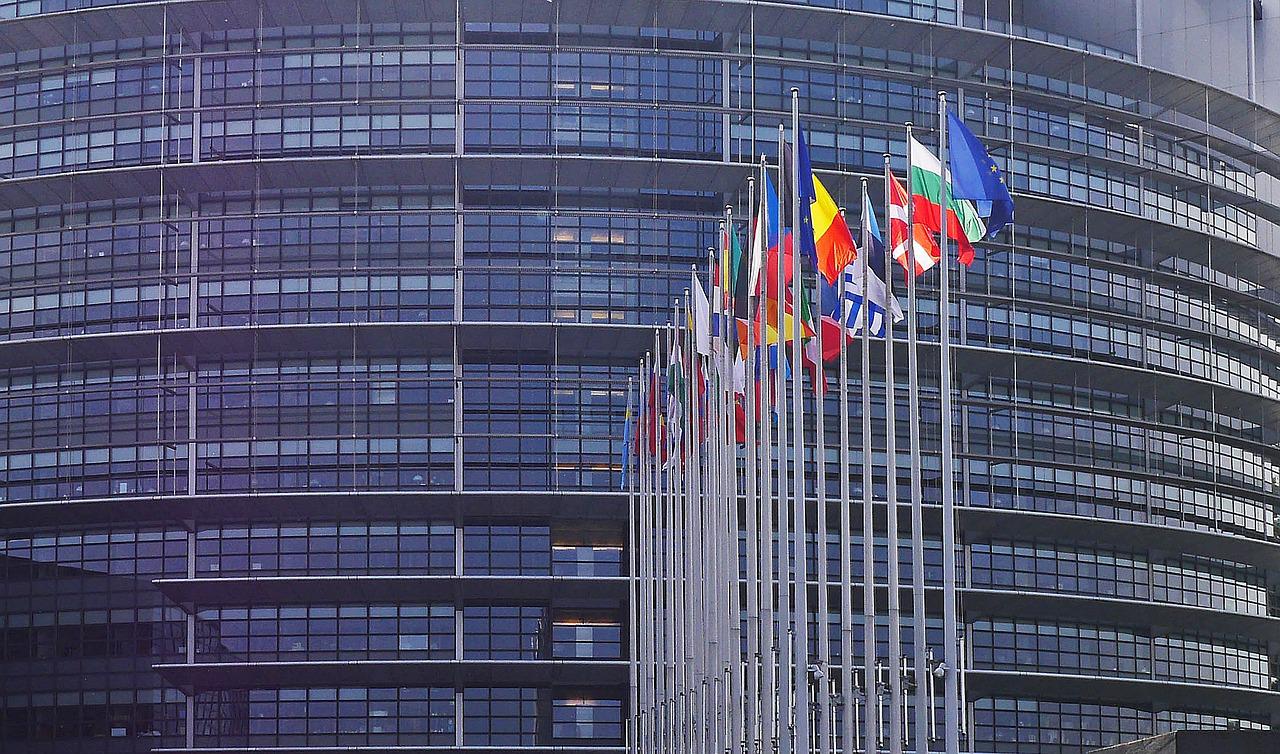
Following Viktor Orbán’s victory at the Hungarian elections, the EU has launched its “budget conditionality procedure” which could lead to EU funds being withheld from Hungary. While Hungarian opposition leaders welcome this move, the government speaks of a “witch hunt.”
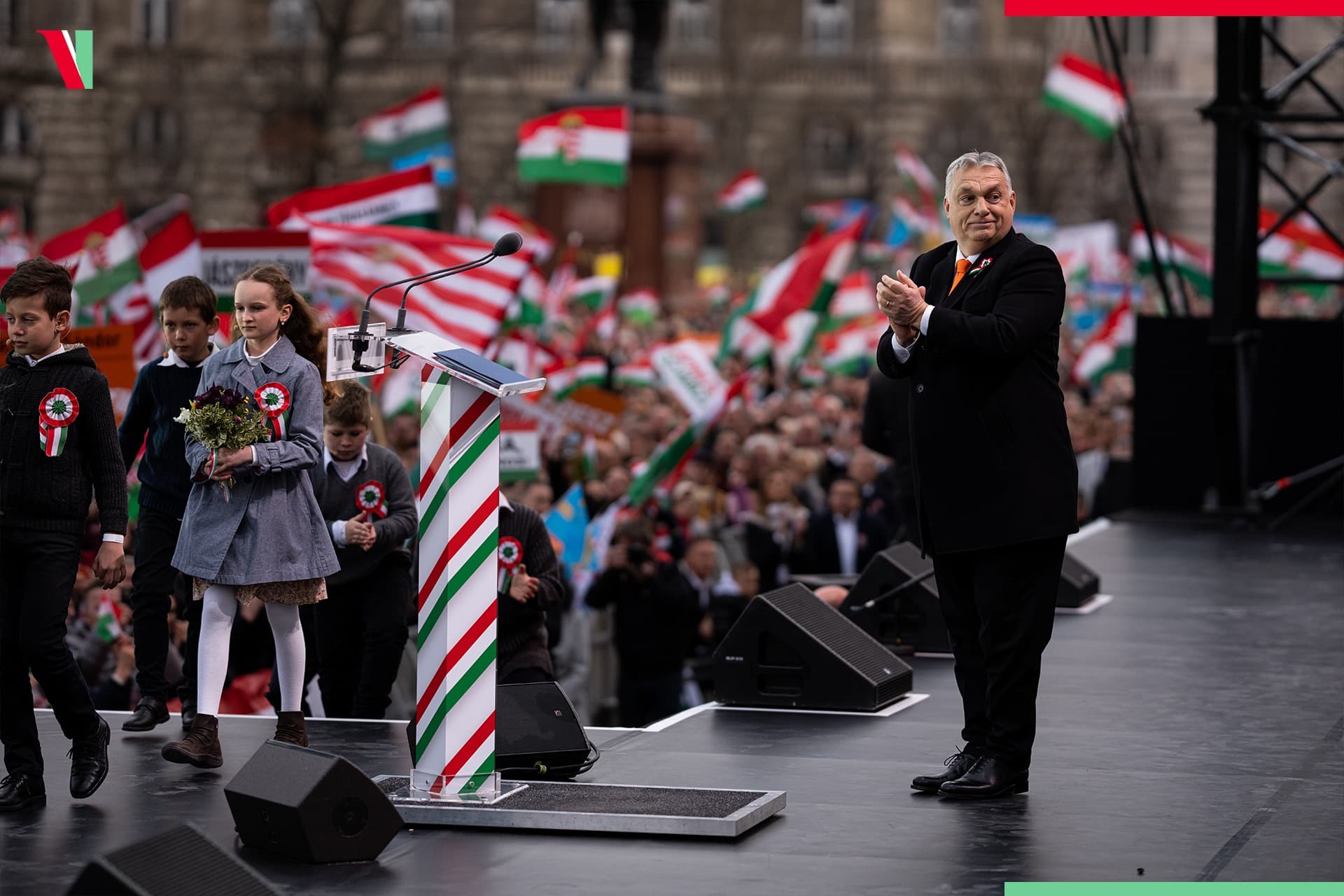
This latest triumph of Fidesz, the fourth time it achieved a two-thirds victory, may further corroborate theories that Orbán’s Fidesz was to become the centrist party of a new era, to remain in power for an extended period of time, continuing the Hungarian political historical tradition.
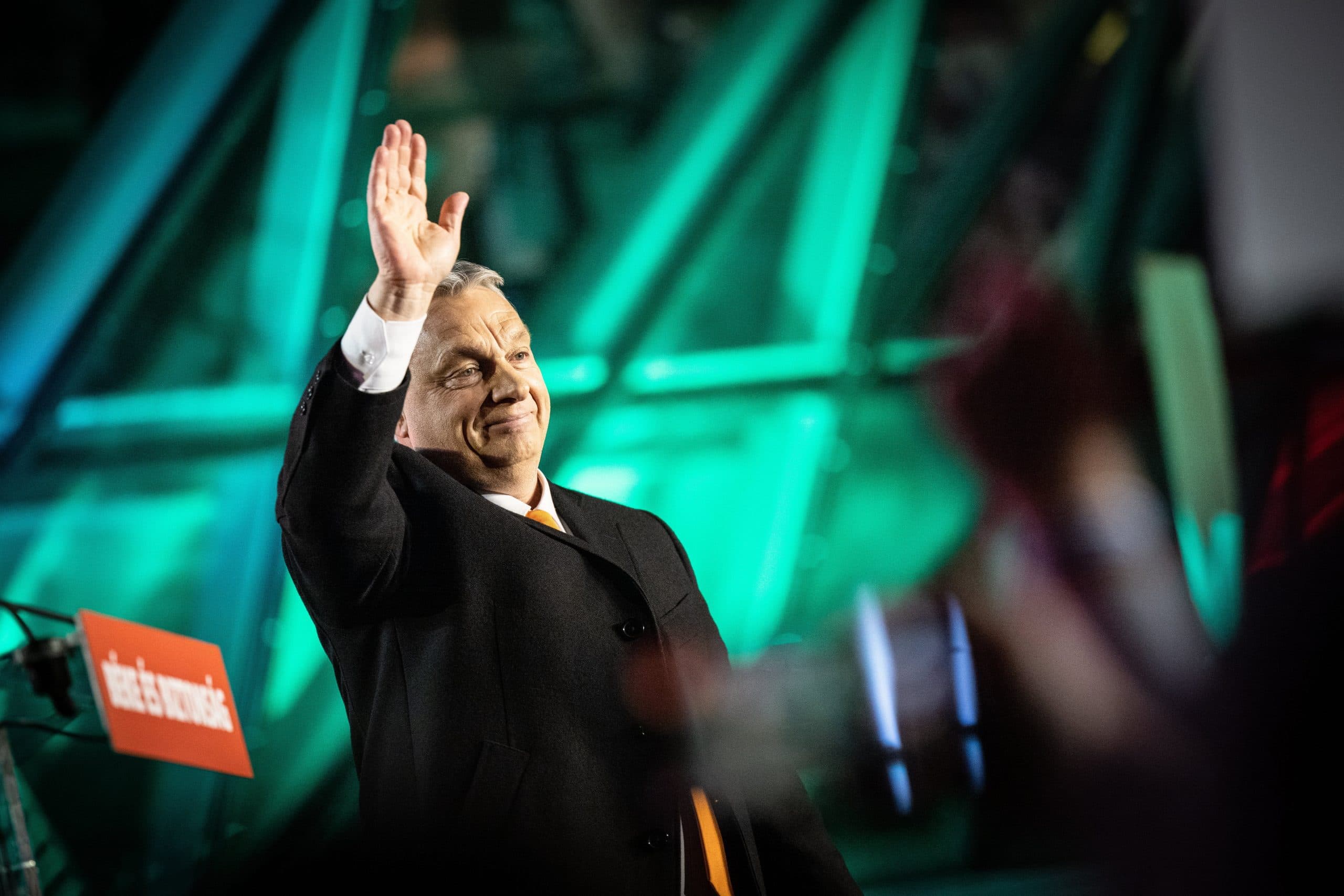
Overall, congratulations from European leaders to the reappointed prime minister have been slow or lukewarm, while the majority of European media outlets have been critical. No official reaction came from the offices in Paris, Berlin, or Rome.

“We will remember this victory until the end of our lives because we had to fight against a huge number of opponents,” Viktor Orbán said in his speech on Sunday night. “We have had a victory so great it can be seen from the moon; no doubt it can be seen from Brussels.”
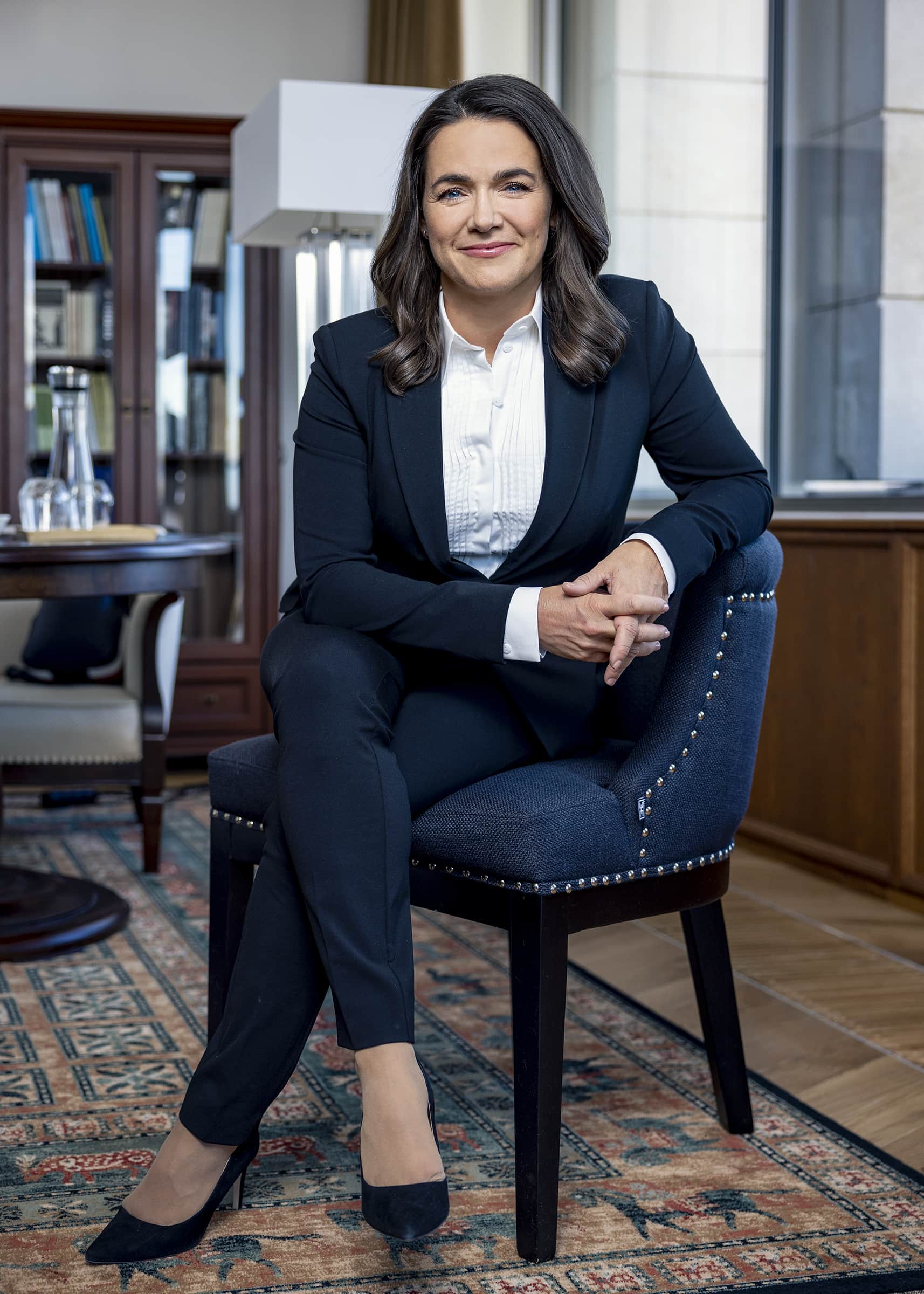
The new president arrived at Parliament accompanied by her husband and three children. Refuting the ‘codes’ of militant feminism, Novák highlighted her identity as a woman and mother as decisive assets in politics.

The Hungarian elections, which will be closely watched by the international public, will be held in the spring of 2022. The situation—just before the start of the official campaign period—at a glance.